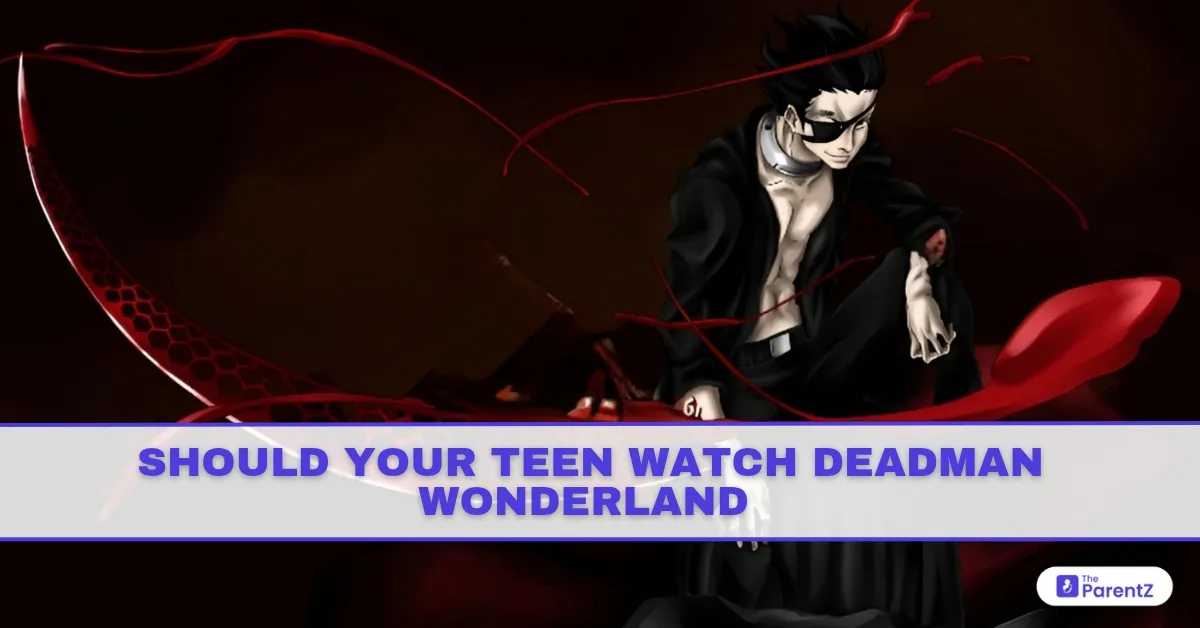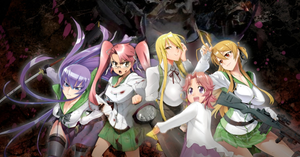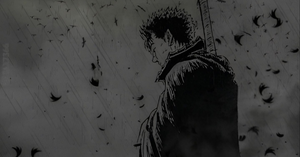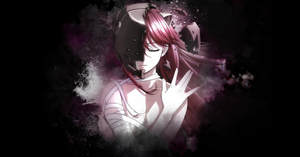A Parental Guide to Violence, Trauma, and Survival in a Twisted Prison World
Introduction
Deadman Wonderland doesn’t ease you in. Within the first few minutes, the main character is covered in blood, accused of mass murder, and sentenced to a prison that doubles as a deadly game show.
With its flashy animation and fast pace, the show can easily attract teenagers looking for something thrilling. But beneath the surface is a deeply disturbing story filled with psychological trauma, exploitation, and emotional breakdowns. It might look like a dystopian thriller—but it hits much harder than expected.
Overview
The story follows Ganta Igarashi, a seemingly average middle schooler who is falsely accused of killing his entire class. He’s thrown into Deadman Wonderland, a privately run prison where inmates are forced into violent survival games for the entertainment of the public.
There, Ganta discovers he possesses a strange power—one that ties him to an underground gladiator-style arena called “Carnival Corpse,” where prisoners with special abilities fight to the death.
As the episodes unfold, the series dives into heavy themes: loss of innocence, institutional corruption, and what happens to a child when the system completely fails them.
Themes
Extreme Violence
This is not stylized superhero fighting. The show features brutal death matches, exploding collars, mutilations, and scenes where characters—often teens—are pitted against each other in front of cheering crowds. The shock factor is high and sustained throughout the series.
Psychological Trauma
What’s arguably more intense than the gore is the emotional suffering. Ganta’s descent from naïve student to emotionally shattered survivor is deeply uncomfortable to watch. Other inmates have similarly disturbing backstories, filled with abuse, abandonment, and tragedy.
Helplessness and Corruption
Authority figures in this story are either complicit or directly abusive. There is little hope, no clear justice system, and even friendship feels like a luxury. The prison is built to break people, and the story reflects that.
Age Preference
Recommended for: 17+ (Mature Teens and Adults)
While the show features teenage characters and a school setting in the beginning, it quickly veers into intense, graphic material. The constant emotional weight, combined with disturbing visuals, makes it a risky choice for viewers under 17.
Who Should Not Watch
- Teens under 16, regardless of maturity
- Viewers with a history of trauma, anxiety, or depression
- Sensitive teens who might struggle with themes of isolation or emotional abuse
- Anyone expecting a more hopeful or redemptive tone
Even older viewers have described the show as emotionally exhausting—and not just because of the blood.
Lessons From It
Beneath the chaos, Deadman Wonderland does offer some commentary. It’s a story about survival, about keeping hold of humanity in the darkest environments. Ganta, even as the world tears him apart, tries to stay connected to hope and friendship.
It also touches on themes of injustice and resistance—raising questions about systems built to punish rather than rehabilitate.
However, these messages are often drowned in the relentless violence. The show rarely gives its audience a break to process or breathe.
Conclusion
Deadman Wonderland isn’t mindless horror—but it’s definitely heavy. The psychological toll of watching it can be just as impactful as the physical violence it portrays.
If your teen is interested in watching, don’t ignore that curiosity. Talk to them. Ask what they’ve heard about the show, and consider watching the first few episodes together. Help them understand the difference between intense fiction and emotional realism. And be clear: this is not a show to watch alone in the dark, especially if they’re already dealing with stress or mental health struggles.
For the right viewer, Deadman Wonderland can be a gripping, if unsettling, piece of dystopian storytelling. But for most teens, it’s more nightmare than narrative—and definitely a world worth approaching with care.








Be the first one to comment on this story.